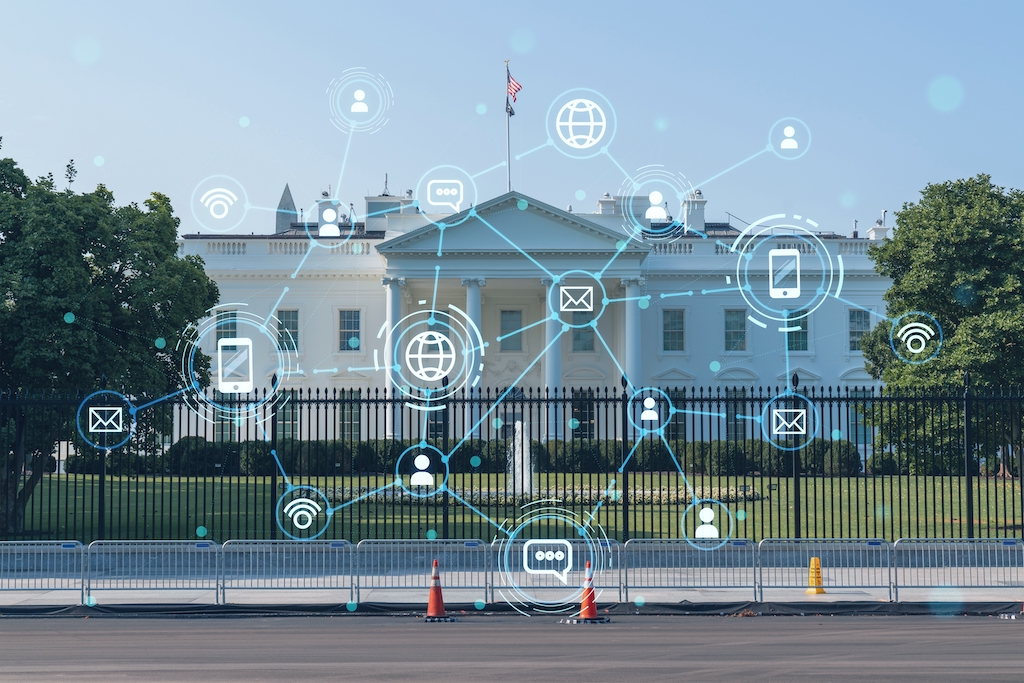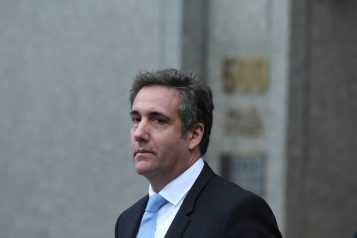
In a significant development, the Supreme Court announced its intention to indefinitely halt a lower court’s order that had limited the Biden administration’s efforts to address contentious social media content related to topics such as COVID-19 and election security. The decision comes in response to an emergency appeal in a lawsuit initiated by Louisiana, Missouri, and other parties, alleging that administration officials were unconstitutionally suppressing conservative viewpoints. Notably, the case underscores a term already marked by various social media-related issues, setting the stage for an impactful legal battle.
Justices Samuel Alito, Neil Gorsuch, and Clarence Thomas expressed their disagreement with the decision to hear the emergency appeal from the Biden administration. Justice Alito, in his dissenting opinion, raised concerns about the potential implications of this ruling, fearing that it might be perceived as granting the government the leeway to employ heavy-handed tactics that could influence the presentation of views on the predominant medium for disseminating news.
The lawsuit specifically implicated White House communications staffers, the surgeon general, the FBI, and the U.S. cybersecurity agency in efforts to coerce changes in online content on platforms such as Facebook and X (formerly Twitter). Importantly, the social media companies themselves are not directly involved in this litigation.
Previously, a panel of three judges from the 5th U.S. Circuit Court of Appeals in New Orleans had ruled that the administration had likely exerted unconstitutional pressure on the media platforms. The appellate panel’s ruling emphasized that officials cannot engage in actions that “coerce or significantly encourage” alterations in online content.
However, the Justice Department contested the appellate ruling, asserting that it and a broader order issued by a federal judge in Louisiana had been marred by factual and legal errors. Solicitor General Elizabeth Prelogar argued that the definition of coercion applied by the Fifth Circuit was overly permissive, extending to actions by the FBI solely due to its authority as a law enforcement agency and without any explicit threats or consequences for noncompliance.
In addition to this case, the Supreme Court is concurrently dealing with four other social media-related cases. These cases include evaluating Republican-passed laws in Florida and Texas that restrict major social media companies from removing posts based on their content. These laws are seen as challenging the companies’ First Amendment rights and reflect the Republican viewpoint that these platforms unfairly censor conservative perspectives. Additionally, the Court is addressing issues concerning public officials’ authority to block critics from commenting on their social media accounts, revisiting a topic that emerged during the previous case involving former President Donald Trump, which was dismissed when his term ended in January 2021.


















